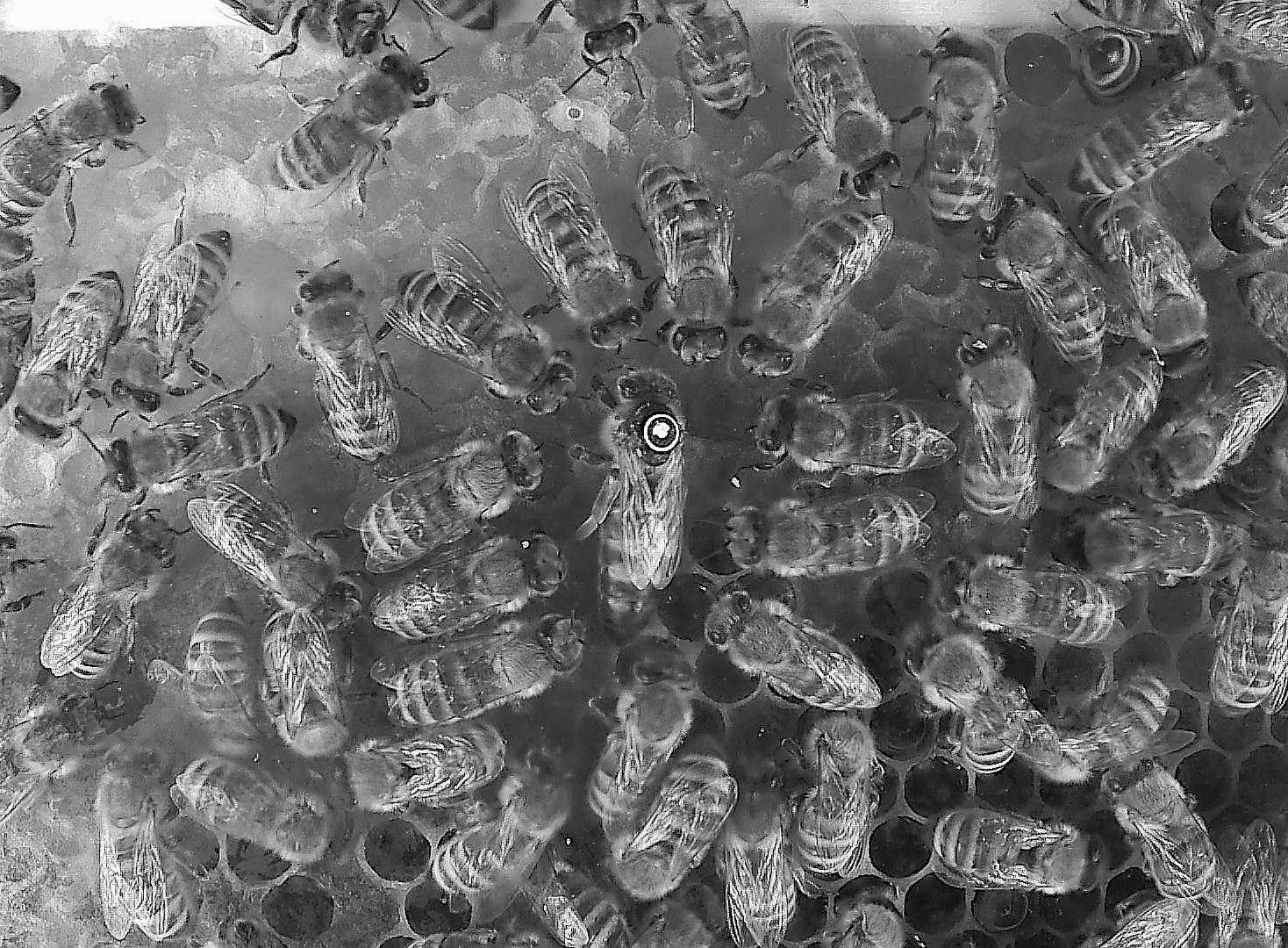The University of Graz delivers 1.4 terabytes of data, including recordings of the queen bee and her interactions in the hive, to its research partners in the EU-funded "RoboRoyale" project for analysis on a daily basis. The robots observe the queen's movement patterns and egg-laying behaviour, count the population and measure breeding success. At the same time, a permanently updated map of the honeycomb contents is generated. "Due to the high complexity of the bee colony and the development of the honeycomb contents, only these insights enable a fundamental understanding of the social self-regulation of the bee colony," explains Schmickl.
The new system was built around a fully functional bee colony so that the animals can carry out their foraging flights undisturbed. Two movable camera heads work autonomously and take pictures in infrared light so as not to influence the bees' behaviour. AI algorithms analyse and classify the more than 100 million individual images taken to date. This technology makes it possible for the first time to record a large amount of data in parallel with high accuracy and over long periods of time.
Astonishing findings
Initial evaluations of the information obtained show that the queen bee travels 1.5 kilometers per month on the two combs, which are only 33 by 42 cm in size. In the now waning season in October, she still lays an average of 187 eggs per day and rests for up to 1.5 hours in between.
The research is part of the COLIBRI profile area, in which the University of Graz is dedicated to complexity research. Thomas Schmickl and his team want to extend the digital methods to other important animal and plant species in the future in order to collect new data about our ecosystems.
